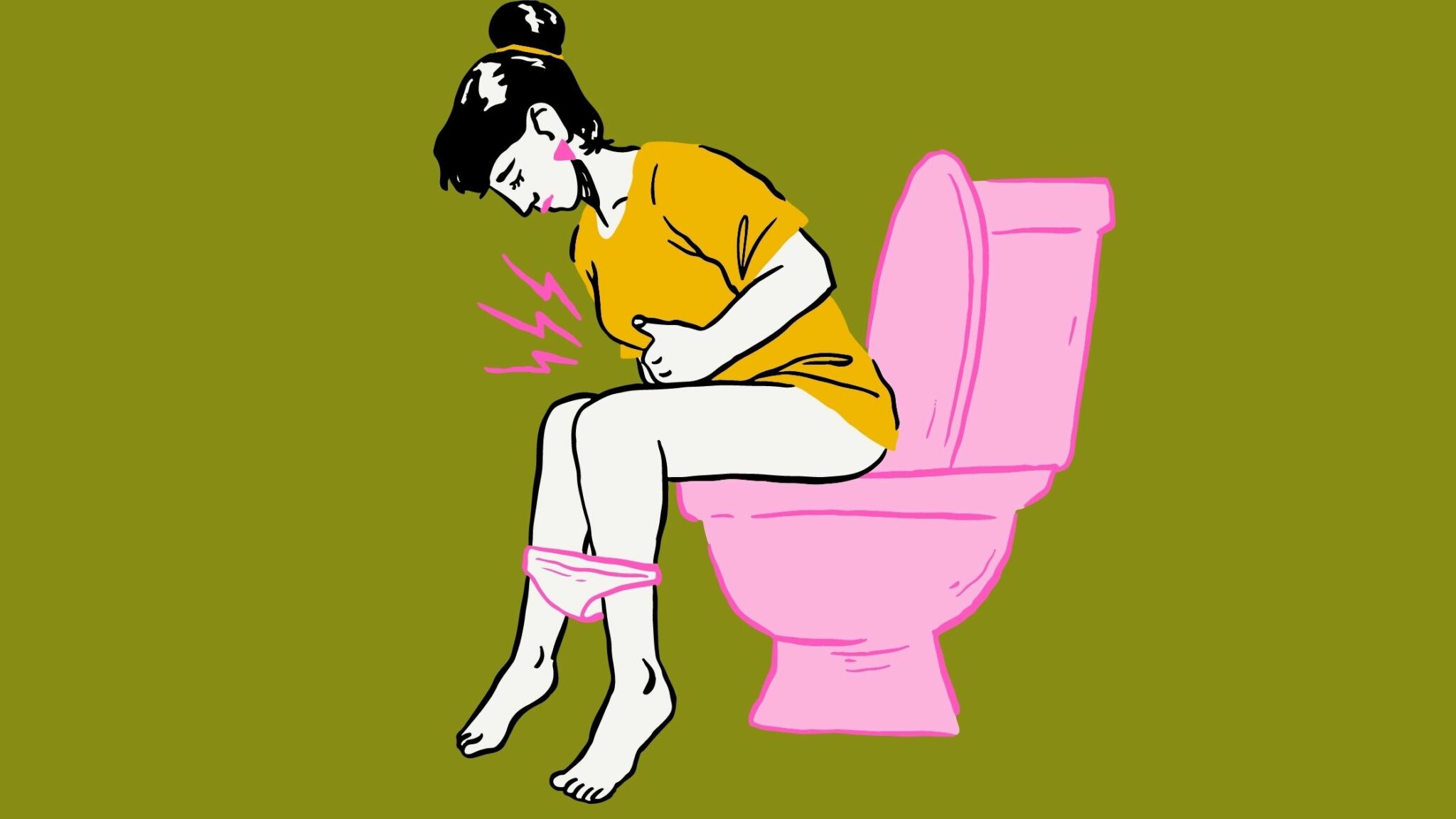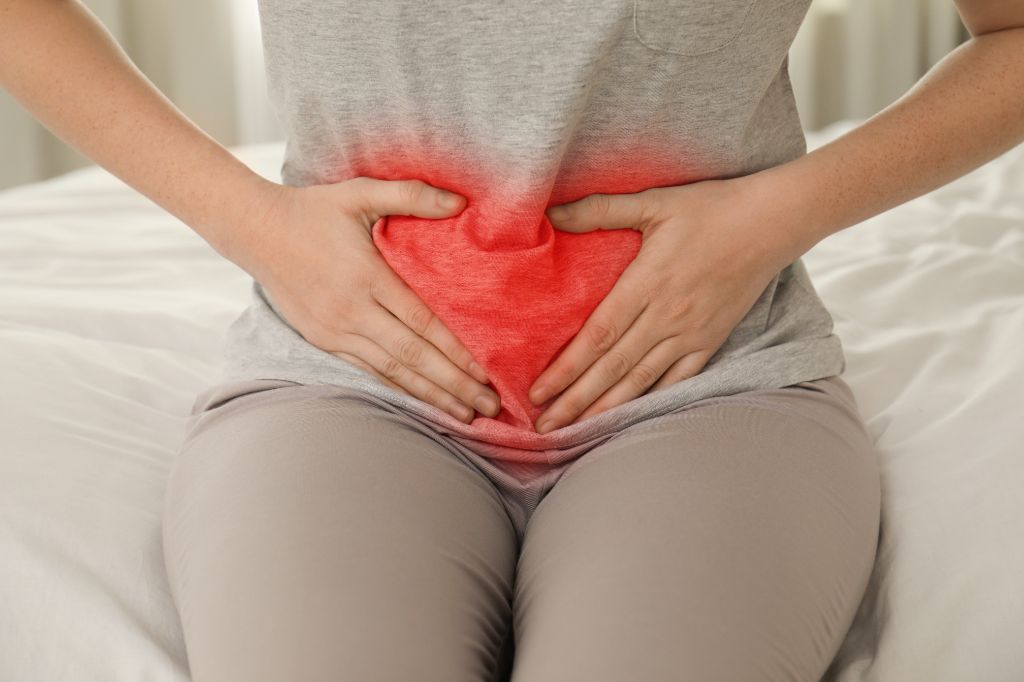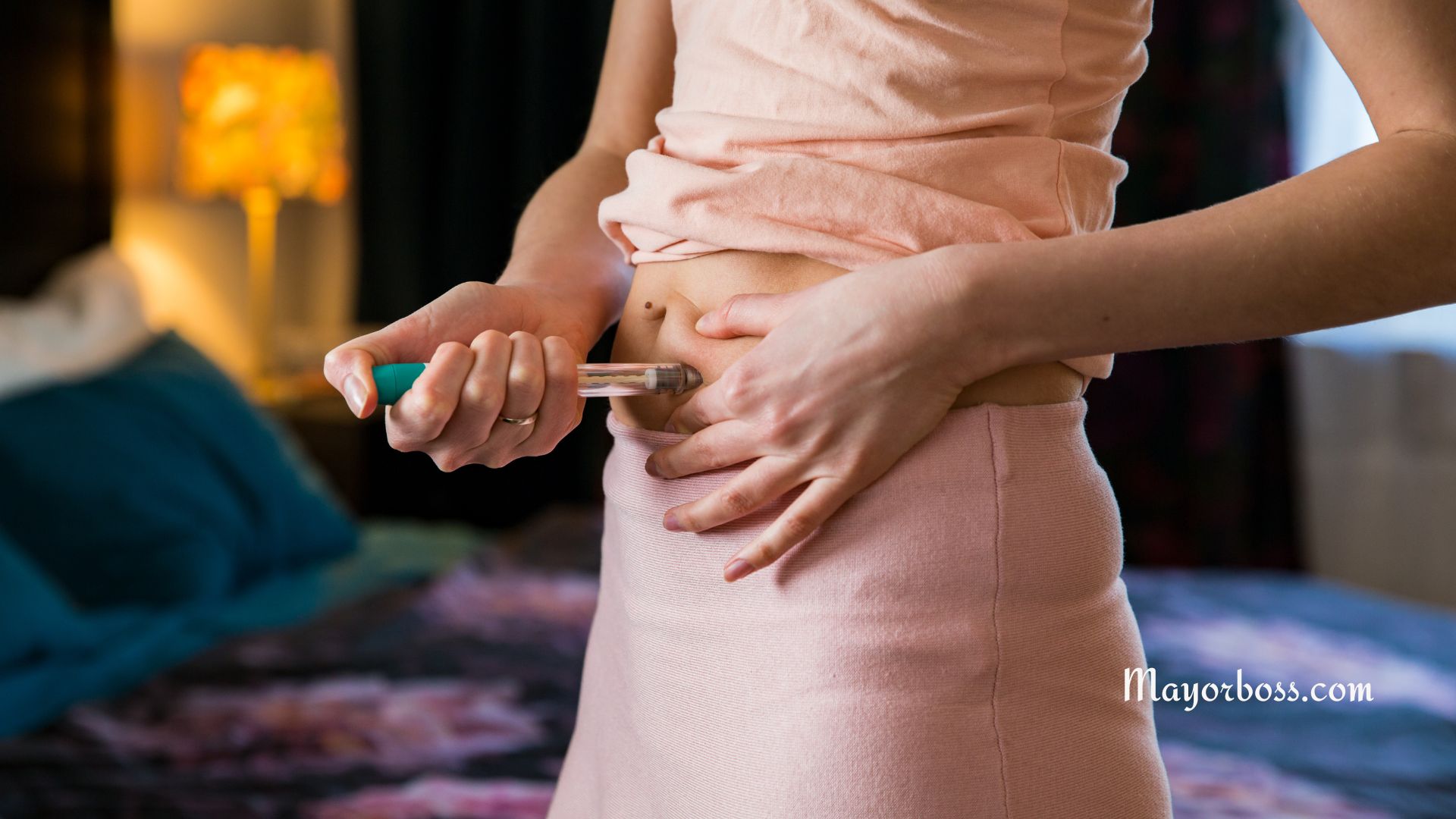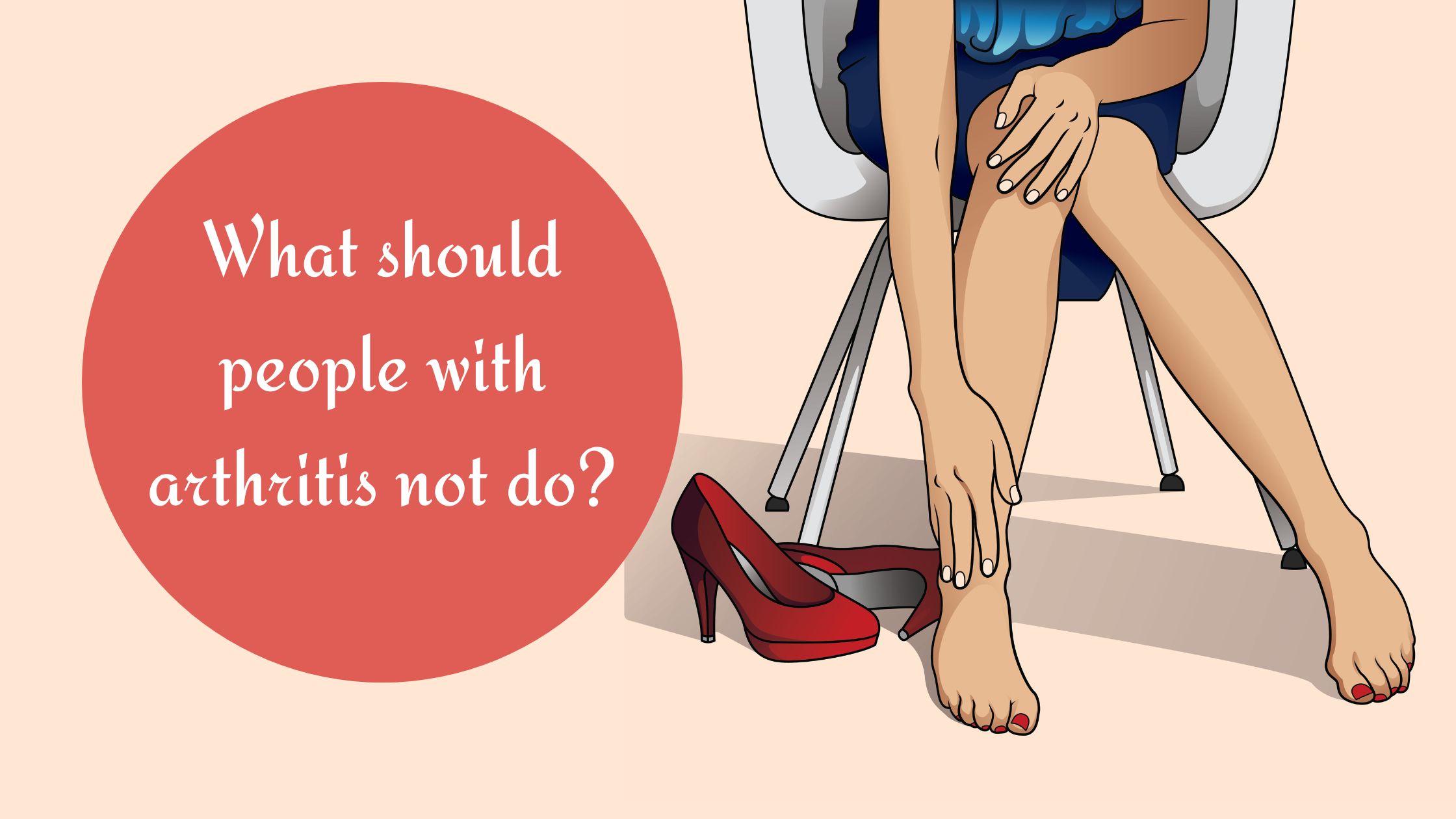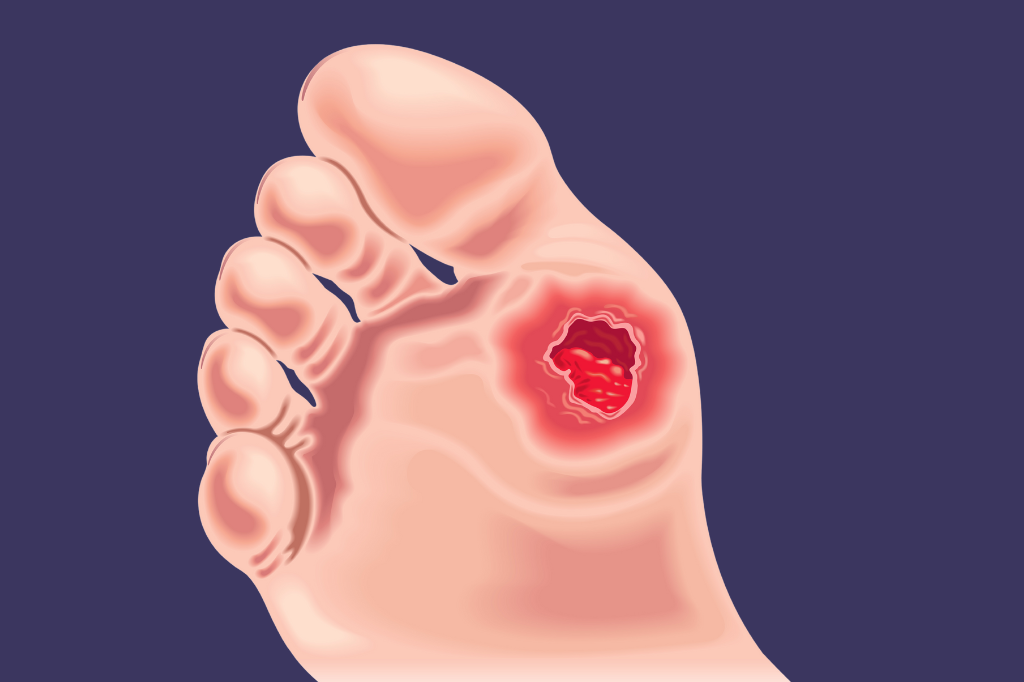How to Differentiate Kidney Pain from Back Pain
Pain in your back can be confusing because it might come from different places, like your kidneys or muscles. Even though kidney pain and back pain can feel the same, they have different causes. Knowing how to tell them apart can help you figure out when to see a doctor.
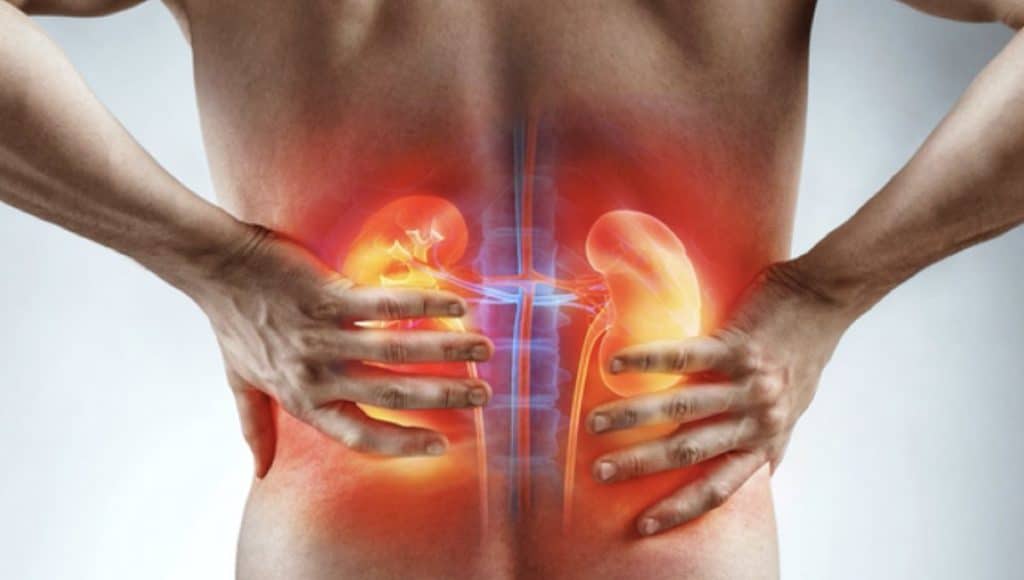
Where You Feel the Pain Can Help You Know the Cause
Kidney pain usually happens in the upper back, just under the ribs, on both sides of the spine. Sometimes, the pain moves to your lower belly or groin. This pain often feels deep and steady, and moving your body doesn’t make it better or worse.
Back pain, on the other hand, usually happens in the lower back and can spread to your buttocks or legs. It usually gets worse when you move, sit for a long time, or lift things.
You might also notice that kidney pain makes your back sore when you press on it, while back pain often feels more like a muscle ache or tightness.
How the Pain Feels Is Different for Each Condition
Kidney pain is often a deep, dull ache that doesn’t go away. If the pain comes from kidney stones, it may come and go in waves. Moving your body usually doesn’t change the pain, but things like infections or dehydration can make it worse.
Back pain can feel like a dull ache or a sharp, stabbing pain. It usually gets worse when you move, sit for too long, or lift something heavy. Back pain might come and go or stay for a long time, depending on the cause.
What Causes Kidney Pain and Back Pain
Kidney pain can be caused by:
- Kidney infections
- Kidney stones
- Polycystic kidney disease
- Kidney injury
- Swelling in the kidneys due to urine buildup
Back pain is usually caused by:
- Muscle strain
- Herniated discs
- Sciatica (nerve pain)
- Bad posture
- Spinal problems
Other Symptoms That Can Help You Know the Difference
If you have kidney pain, you might also notice:
- Fever and chills
- Needing to pee often
- Blood in your urine
- Feeling sick to your stomach
- Burning pain when you pee
- Urine that smells bad or looks cloudy
With back pain, you might experience:
- Stiffness in your lower back
- Muscle spasms
- Pain that gets better with rest
- Pain that spreads down your legs
- Trouble bending or moving your back
Who Is More Likely to Get Kidney or Back Pain
People who have had urinary tract infections, don’t drink enough water or have kidney disease are more likely to have kidney pain. Eating too much salt or not staying hydrated can increase the risk of kidney stones.
People who lift heavy things, sit for long hours, or have bad posture are more likely to have back pain. Not exercising and having weak muscles can also cause long-term back problems.
When You Should See a Doctor
If you think you have kidney pain, especially if you have a fever, changes in how you pee or feel very uncomfortable, see a doctor right away. A kidney infection can lead to serious problems if you don’t treat it.
If your back pain is severe, lasts a long time, or comes with numbness, weakness, or problems with using the bathroom, you should also see a doctor. These could be signs of a more serious problem with your spine.
How Doctors Find Out What Is Causing Your Pain
To check for kidney pain, doctors may do:
- A urine test to look for infection or blood
- Imaging tests like an ultrasound or CT scan
- Blood tests to check kidney function
For back pain, doctors usually:
- Do a physical exam
- Take X-rays or an MRI scan
- Check how well you can move your back
Treating kidney pain might include antibiotics for infections, pain medicine, and drinking more water. If you have kidney stones, you might need medicine or a procedure to break them down.
Treating back pain often includes resting, physical therapy, and pain relievers. In some cases, surgery might be needed if the problem is serious.
How to Prevent Kidney and Back Pain
To avoid kidney pain, you should:
- Drink plenty of water
- Keep good hygiene
- Eat less salt and protein
- Follow a healthy diet
- Get treatment for urinary infections quickly
To prevent back pain, try:
- Sitting and standing with good posture
- Exercising regularly, especially for your core muscles
- Lifting things correctly using your legs
- Using supportive chairs and workspaces

